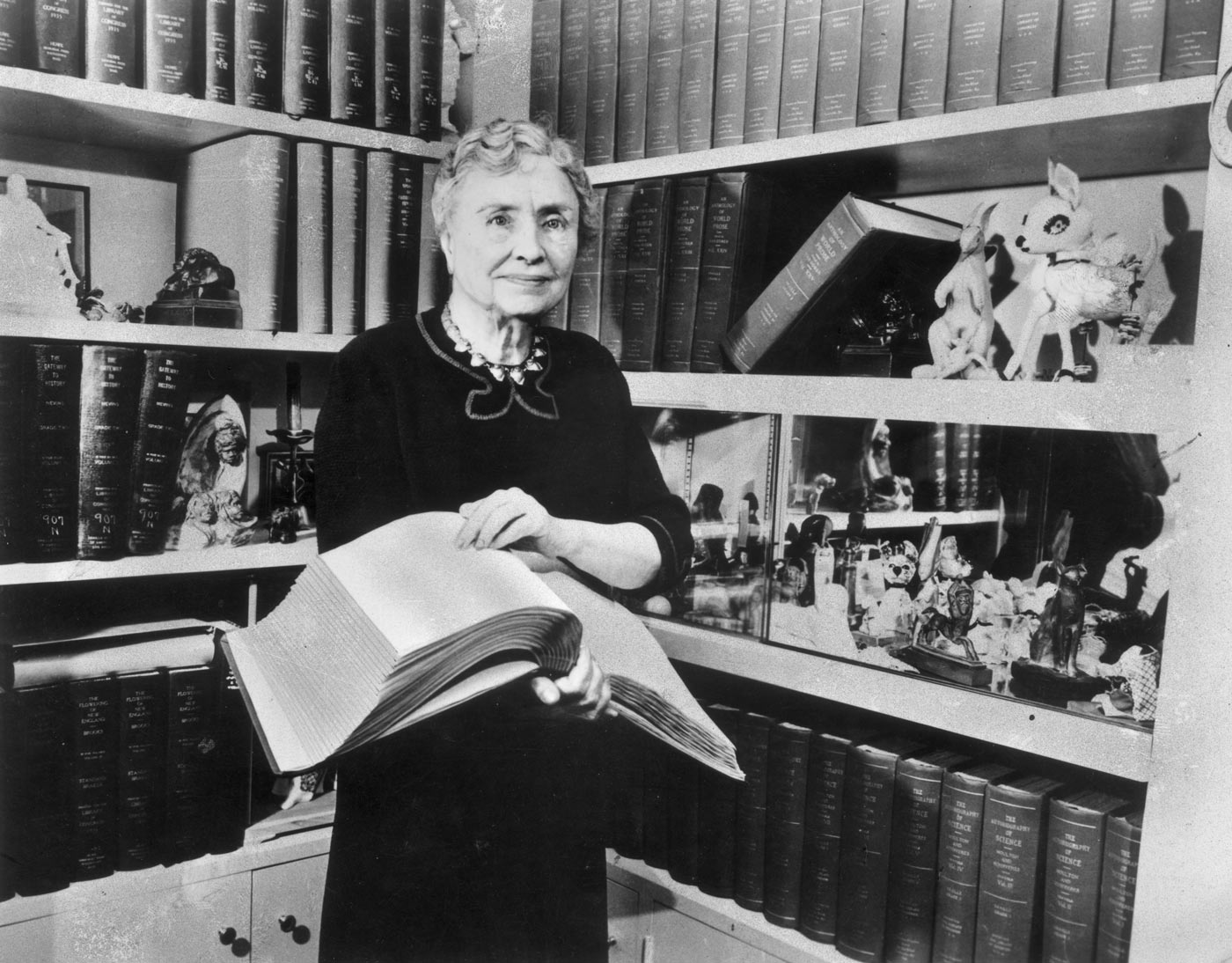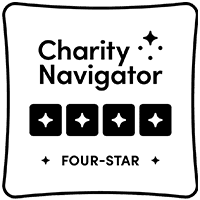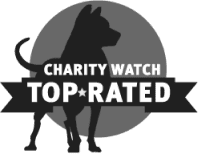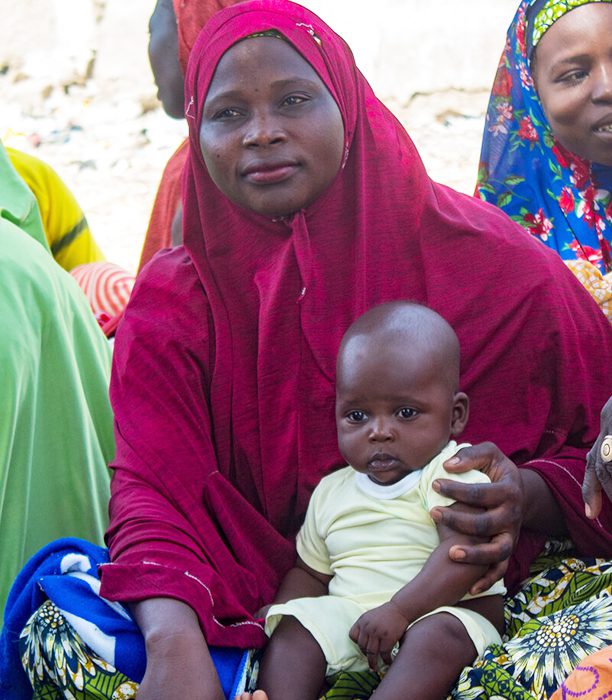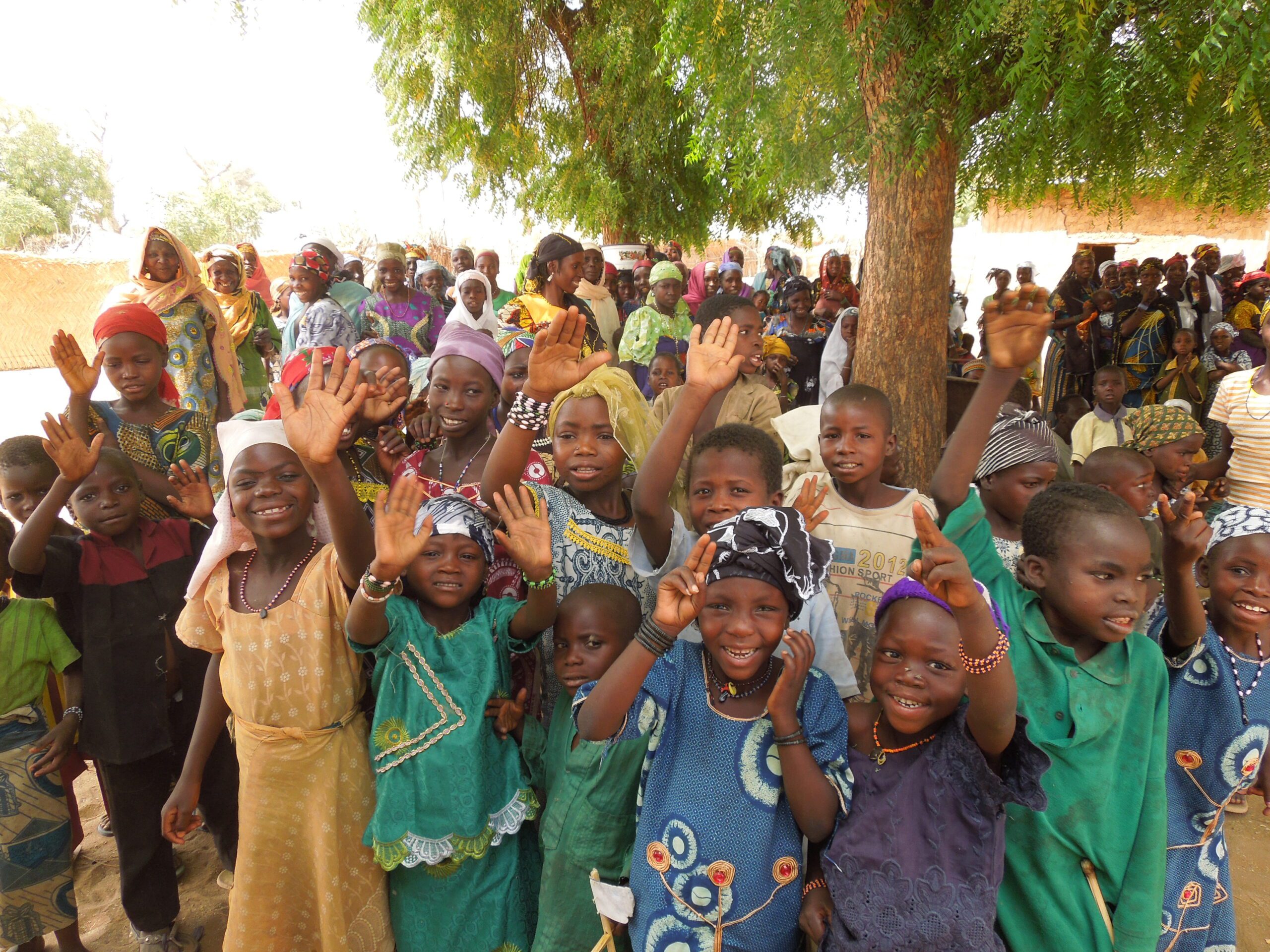
Sight Impacting Life
While on a field supervisory visit for the Hilton Trachoma Elimination Project, I entered the hut of a 5 year-old boy named Nazifi Aminou who had been referred as an “unsaveable case” by the local Chief Medical Officer at one of the health posts in the district of Madarounfa (Tahoua Region, 550 km from Niamey). Nazifi was almost unable to open his eyes due to an advanced stage of trichiasis. The boy’s worried mother explained that the family had spent what little money they had taking the child to Maradi, the closest regional capital, for treatment which had been unsuccessful. The Chief Medical Officer explained that the hospital in Madarounfa did not have the capacity to perform the medical treatment needed to save the boy’s sight, and that in a matter of weeks the trichiasis would completely destroy the child’s vision.

Nazifi Aminou, the day we visited him
A simple call to the regional health district for Madarounfa in Tahoua revealed that the necessary expertise and equipment could be obtained locally and that the procedure could be performed at the local hospital. The only obstacle that rested was a financial one. Nazifi’s family was made up of poor farmers, who did not have the funds to support the procedure. The necessity of the surgery was poorly timed, because it had been a long time since the harvest, which is the only time when farming families typically have any available funds. Any possible financial liquidity had been invested in seeds and other materials to guarantee the entire family’s survival from their crops, leaving little money for anything else. Instead of eating dinner that night, we decided that this boy’s sight needed to be saved immediately. For a mere $60, the procedure was performed and today Nazifi is in the process of regaining his sight, little by little.
Most of my days are spent in an office, analyzing data and looking to gain results. On that day in Madarounfa, I saw those results. Fighting diseases like trichiasis may not be the most alluring job in the world, but that day I saw first-hand its profound impact on those it touches. I also fully grasped and lived Helen Keller’s mission of saving the sight and lives of the most vulnerable and disadvantaged.
